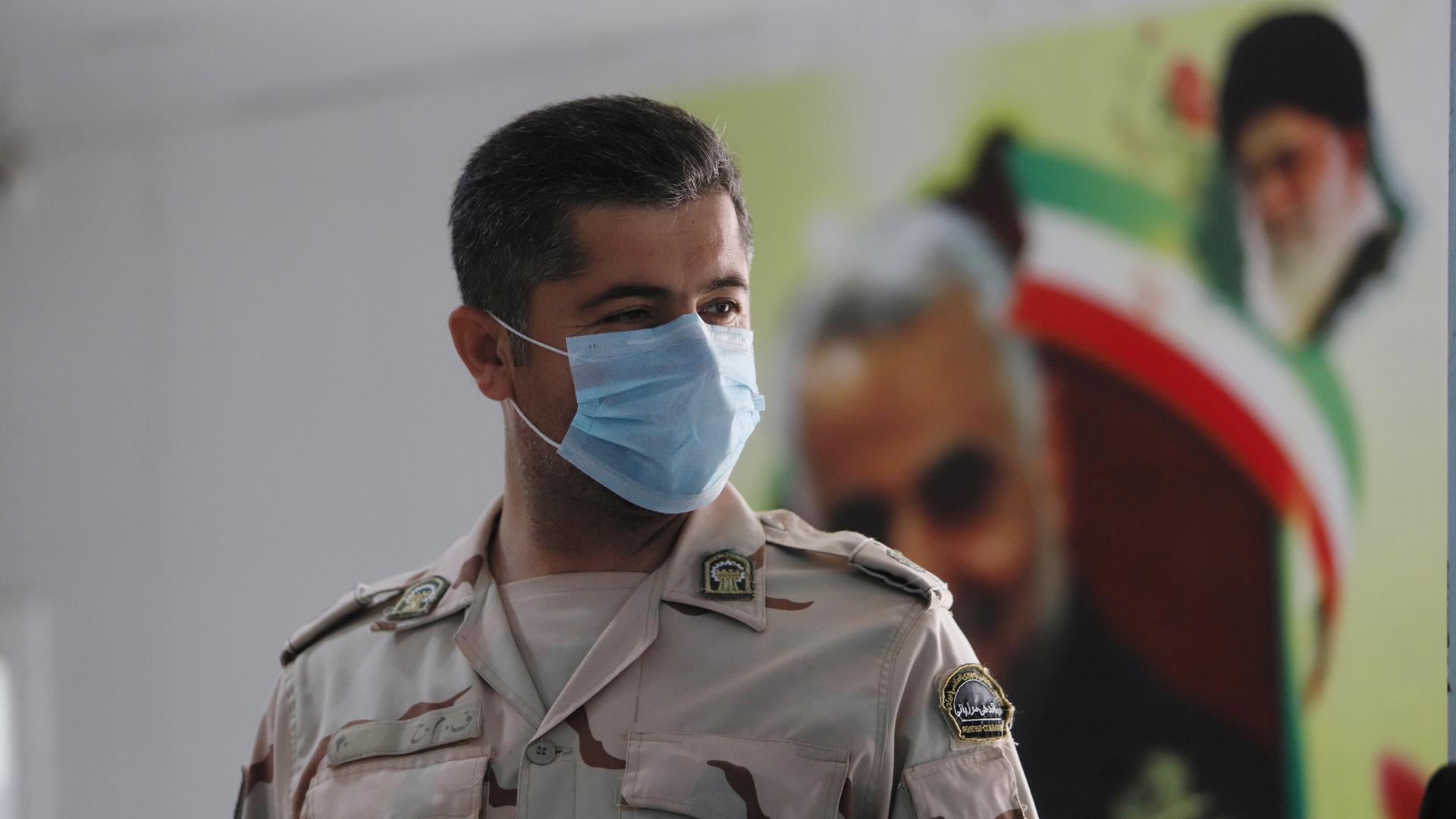The inept handling of the coronavirus crisis has reinforced the political bankruptcy of the regime in the eyes of the Iranian public.
It took the authorities in Iran until March 6 to address the coronavirus crisis in earnest. Schools and universities are shut. Football matches, Friday prayers and religious congregations are suspended and people are advised not to travel. But this response may have come too late to provide any meaningful containment for the contagious disease. These measures were only adopted after it was revealed that 25 members of the newly elected parliament were infected by the coronavirus, two of whom have now passed away. Another prominent casualty of the virus is an advisor to the Supreme Leader.
According to the Ministry of Health, the total number of infected in Iran was 6,566 until March 8. But many believe the actual number may be much higher, partly due to under-reporting by the authorities and partly due to a lack of confidence amongst those affected in the health system which prevents them from seeking medical attention. Many are concerned that visiting hospitals will put them at greater risk of contracting the virus, especially as there is no medicine to cure it.
The Iranian health system has suffered immensely as a result of US-imposed sanctions. With the US withdrawal from the nuclear deal in 2018 and the reimposition of severe sanctions, Iran is effectively cut-off from the international financial system and unable to access services such as SWIFT for funds transfers. The Iranian economy contracted by nearly 10 percent in 2019, making it difficult for the government to maintain state subsidies and a generous cash hand-out policy that is sending it broke.
Expressions of public frustration with the downward spiral of the economy and living conditions have become increasingly frequent. Such protests have been systematically met with the iron-fist of the security agencies. In November 2019, the authorities shut down the internet to contain news of public protests, and disarm protestors by taking away a very effective mobilisation tool.
But public dissatisfaction with the Iranian leadership is not confined to economic matters. A chasm has opened between the ruling regime and the population that is threatening the latter’s political legitimacy. There is a growing lack of trust and confidence in the regime, reinforced by the way the leadership handled the downing of the Ukrainian airliner over Tehran in January 2020. The authorities insisted that the plane fell from the sky due to technical reasons, while knowing full well that it was shot down by Iranian anti-air defence by mistake.
This lack of confidence in the system deterred the majority of Iranian voters from participating in the February 21 parliamentary elections. 75 percent of voters in Tehran, and more than 55 percent across the country, did not cast their votes. This was nothing short of a loud vote of no confidence.
The inept handling of the coronavirus crisis has reinforced the political bankruptcy of the regime in the eyes of the Iranian public. The regime typically rehashes its default position when faced with a challenge. This position rests on the idea that Iran is the subject of global conspiracies and attacks, and can only survive through resisting pressures. ‘Resistance’ has become the catchphrase of the Iranian leadership: resistant economy, resistant culture and the axis of resistance. The Supreme Leader is on the record comparing the coronavirus crisis as another challenge that Iran can overcome, like many other challenges it has faced in the 40 years of the Islamic Republic.
Given the highly ideological perspective of the regime, it was not surprising to hear a commander of the Islamic Revolutionary Guard Corps state that Iran has entered ‘a biological battle’, instigated by the United States. This kind of proclamation points to the narrow mindset of the Iranian leadership and the widening gap between the population and the regime.
The handing of the coronavirus in Iran has showed the leadership’s lack of preparedness to deal with a crisis using best practice and advice from the World Health Organization, which was urging containment. The failure to act has made Iran a major source of the virus in the region. The political price for the regime is severe.
The population, even many with a vested interest in the political system, have lost faith in the political leadership and the system they represent.
Author: Shahram Akbarzadeh
Prof Shahram Akbarzadeh is Convenor of Middle East Studies Forum at Alfred Deakin Institute, Deakin University
Source










Discussion about this post